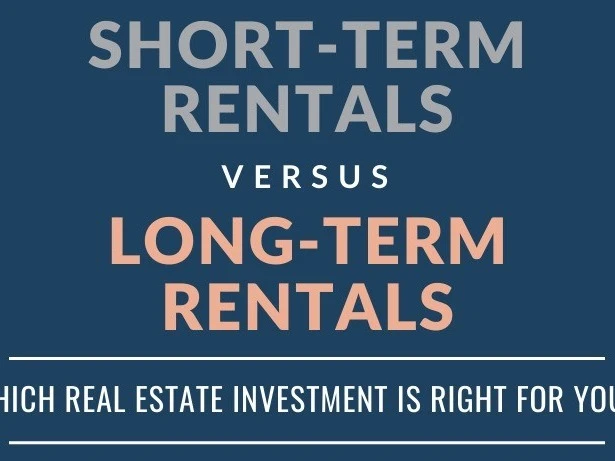The Zimbabwean property market offers a wealth of investment opportunities, and the rental market is a key battleground. But with two main contenders – long-term and short-term rentals – deciding which is the right fit for you can be a challenge.
The Long and Steady Stream: Long-Term Rentals
For many Zimbabwean investors, long-term rentals have been the bread and butter of their property portfolios. Here's a breakdown of the pros and cons:
Pros:
- Stable income: Long-term leases offer predictable rental income, providing a reliable financial cushion.
- Less hassle: With a single tenant in place for a longer period, there's less need for frequent marketing or tenant management.
- Potential for appreciation: Over time, property values in Zimbabwe tend to rise, offering potential for capital gains when you eventually sell.
Cons:
- Lower potential returns: Compared to short-term rentals, long-term rentals may generate a slightly lower return on investment.
- Vacancy risks: While uncommon, periods of vacancy can disrupt your income flow.
- Limited flexibility: Long-term leases can make it difficult to adjust rents quickly to market fluctuations.
The Short-Term Hustle: Short-Term Rentals
A lot of opened doors to the exciting world of short-term rentals. Here's a look at the advantages and disadvantages:
Pros:
- Higher potential returns: Short-term rentals can offer significantly higher rental income, especially for popular locations or unique properties.
- Flexibility: You have more control over pricing and can adjust rates based on seasons or events.
- Exposure: Short-term rentals can showcase your property to a wider audience, potentially attracting international visitors.
Cons:
- Management workload: Frequent guest turnover requires more active management, including cleaning, guest communication, and potential repairs.
- Tax implications: Income from short-term rentals may be taxed differently compared to long-term rentals. Research local regulations.
- Market dependence: Short-term rental income can fluctuate depending on tourism trends and local events.
Picking Your Perfect Play
The ideal rental strategy depends on your individual circumstances and priorities. Consider these factors:
Your investment goals: Are you seeking steady income or maximising returns?
Your property type: Luxury apartments might be better suited for short-term rentals, while family homes could find success in the long-term market.
Your risk tolerance: Are you comfortable with the potential for vacancy in long-term rentals or the management intensity of short-term rentals?
Your location: Tourist hotspots might favour short-term rentals, while stable neighbourhoods could benefit from long-term leases.
The Knockout Punch
There's no one-size-fits-all answer in the long-term vs. short-term rental battle. By carefully weighing the pros and cons, considering your individual circumstances, and conducting thorough market research, you can choose the strategy that delivers a knockout punch for your Zimbabwean property investment. Remember, consulting with a local property expert can also provide valuable insights to help you navigate the rental ring and emerge victorious.
 Continue with Facebook
Continue with Facebook
 Continue with Email
Continue with Email














